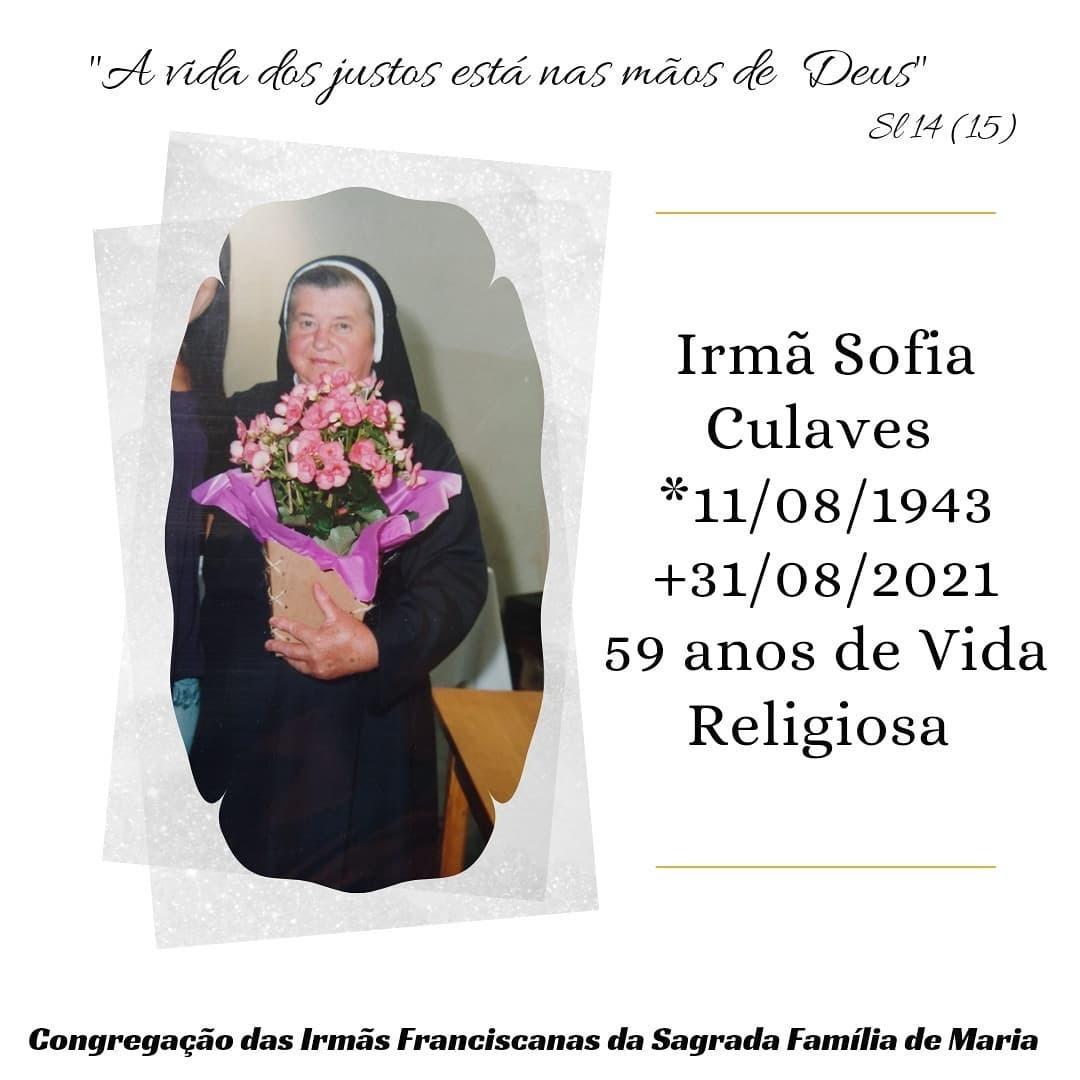SÃO PAULO – An eruption of COVID-19 at a convent in Curitiba, Brazil, caused the deaths of five nuns within six days and shocked Catholics all over the country. On September 5, a priest who used to visit the sisters’ house also died of the disease.
According to a report published by the news website G1, at the end of August a member of the Franciscan Sisters of the Family of Mary manifested a few symptoms of COVID-19. In a few days, the disease swept the convent, which is the home of 51 nuns, infecting 29 of them.
“We didn’t realize that it was the virus. It was disseminated very fast here. Given that it is a house of elderly sisters, it hit people with a very fragile health condition, with comorbidities, and some of them died,” Sister Maria Madalena Ryndack told G1.
The first death was on Aug. 28, when 95-year-old Sister Helena Glovacki died. Over the following days, 94-year-old Sister Elizabete Tartas, 88-year-old Sister Marieta Bet, 78-year-old Sister Sofia Culaves, and 87-year-old Sister Stella Albina Franzoi succumbed to the virus.
“Unfortunately, I didn’t have time to say goodbye to our sisters,” Ryndack told G1. On September 2, the congregation also lost 70-year-old Sister Maria Catarina da Silva due to non-COVID-related causes.
On September 5, 47-year-old Father Jair Gorlach also died of COVID-19. Gorlach, who was the provincial superior of the Society of the Divine Word in the South of Brazil, lived near the nuns’ convent and used to visited them to minister the sacraments.
“He told me he was not feeling well on August 22. Two days later, he had to go to the hospital. The disease had a fast evolution,” Father João Maria Ferreira, SVD, told Crux.
According to Ferreira, Gorlach’s colleagues can’t confirm that he caught the coronavirus at the convent.
“He was always travelling through the States that our province oversees. But he was extra careful with the pandemic. He was always wearing a mask and washing his hands. He may have caught it at the convent or elsewhere,” he said.
Gorlach was in good health and had no known comorbidities, Ferreira added.
Another Divine Word priest, 50-year-old Father Ademar Lino da Silva, is currently in intensive care at a Curitiba hospital.
“Maybe those cases are not related, but they used to meet with a certain frequency,” Ferreira said.
Ferreira said the doctors said that de Souza, a teacher in the Divine Word seminary, is in critical condition.
“It’s very shocking for us. Gorlach was our provincial superior and de Souza works on the formation of priests. It impacts our structure and is also sad from an emotional point of view,” he added.
According to the Ministry of Health, 1,573 cases with the highly contagious Delta variant of COVID-19 have been reported till now in 18 Brazilian States and in the Federal District.
The strain is believed to be dominant in cities like Rio de Janeiro. In Rio Grande do Norte State, there are reported cases of community transmission of the new variant.
With an average number of 460 daily deaths over the last week, Brazil has seen a sharp decline in the pandemic’s death rate with the rise in the vaccination rates. About 64 percent of the population already received at least one dose, and 32 percent have been completely inoculated.
But the new variant’s transmissibility has been causing fears among Brazilians. Experts have warned that a new wave of the pandemic may sweep the country in September.
All the Franciscan Sisters of the Family of Mary who died had received two doses of the vaccine. Father Gorlach had received only the first dose.
“We were shocked by the deaths of the nuns and of Father Gorlach in Curitiba. We have been instructing the members of religious orders and congregations to keep all precautionary measures; but even being careful, we don’t know what may happen,” Sister Maria Inês Ribeiro, president of the Brazil’s Conference of Religious (known as CRB), told Crux.
Ribeiro said that the Dicastery for Promoting Integral Human Development asked the CRB to distribute a guide with recommendations concerning COVID-19 propagation and the coronavirus vaccine. The handbook was sent to religious institutions all over the country.
“Even among us there are anti-vaxxers, so it’s always important to work on such themes,” she said.














